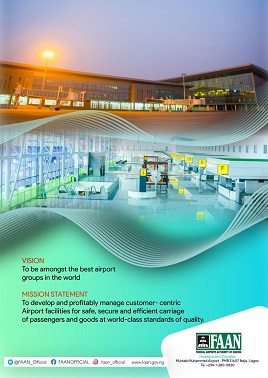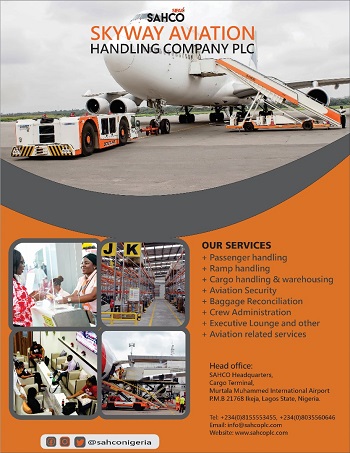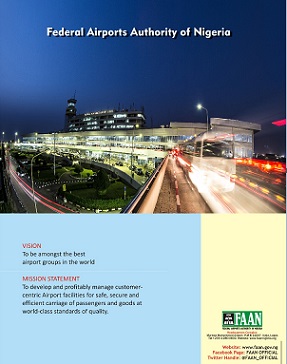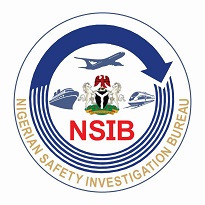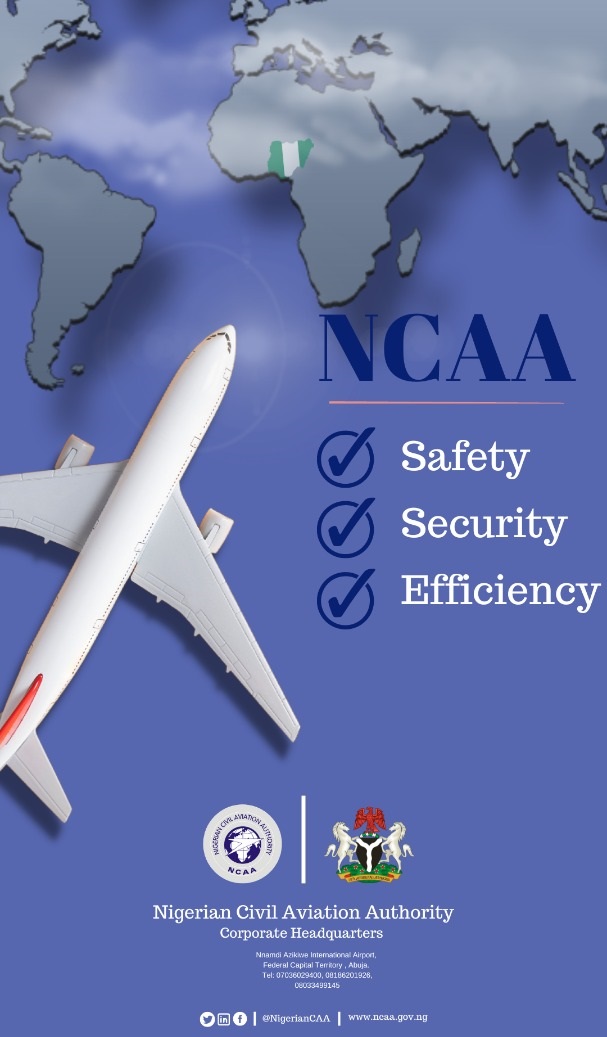
…Appeal to passengers to exercise restraints at displaying frustrations during flight delays or cancellation
Airline Operators of Nigeria (AON) has condemned in strong terms the recent attack on the staff and destruction of properties of Max Air by some unruly passengers at Nnamdi Azikiwe Airport (NAIA), Abuja on Wednesday.
AON which alleged that the uncivil action of the unruly passengers was taken because of flight delay, however appealed to passengers to exercise restraints at displaying their frustrations during flight delays or cancellations.
“AON hereby condemns in the strongest terms the recent attack by some unruly passengers on staff of Max Air and the wanton destruction of the airline’s properties due to a flight delay,” AON said.
The body of airline operators in a statement signed by its President, Alhaji (Dr.) Abdulmunaf Yunusa Sarina, explained that most of the causes of flight delays and cancellations, were beyond the control of airlines.
Insisting that issues of delay or cancellation can be addressed in a civil manner without resorting to violence, AON argued, “the unruly passengers that went after Max Air and destroyed the computer reservation systems further exacerbated the problem for other passengers going to other destinations. Such acts are completely unacceptable.”
It added, “In Nigeria, 80 percent of the causes of delays and cancellations are due to factors that are not within the control of airlines. Airlines operating in Nigeria are forced to operate in an environment that is wrought with infrastructure deficiencies that are highly disruptive to normal schedule reliability and on time performance.
“Some of the more prevalent causes of delays and cancellations include: unavailability and rising cost of Jet A1 (which today costs above N585 per litre in Lagos, N607 in Abuja and Port Harcourt, and N685 in Kano), inadequate parking space for aircraft on the apron sometimes leading to ground accidents, inadequate screening and exit points at departure, inefficient passenger access and facilitation, natural and unforeseen circumstances such as weather and catastrophic failures (e.g. bird strikes and component failures), and restrictions caused by sunset airports among others.”


